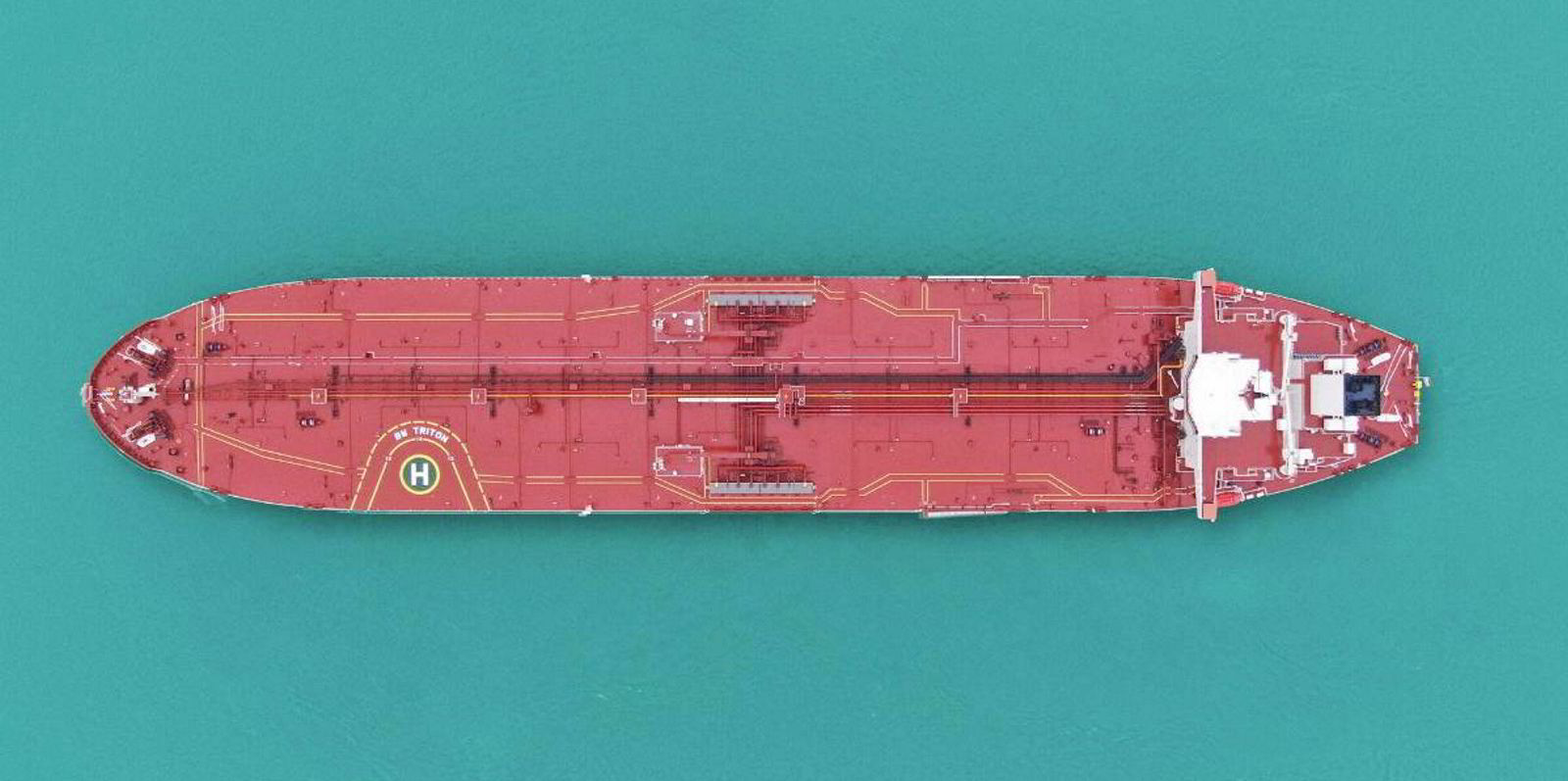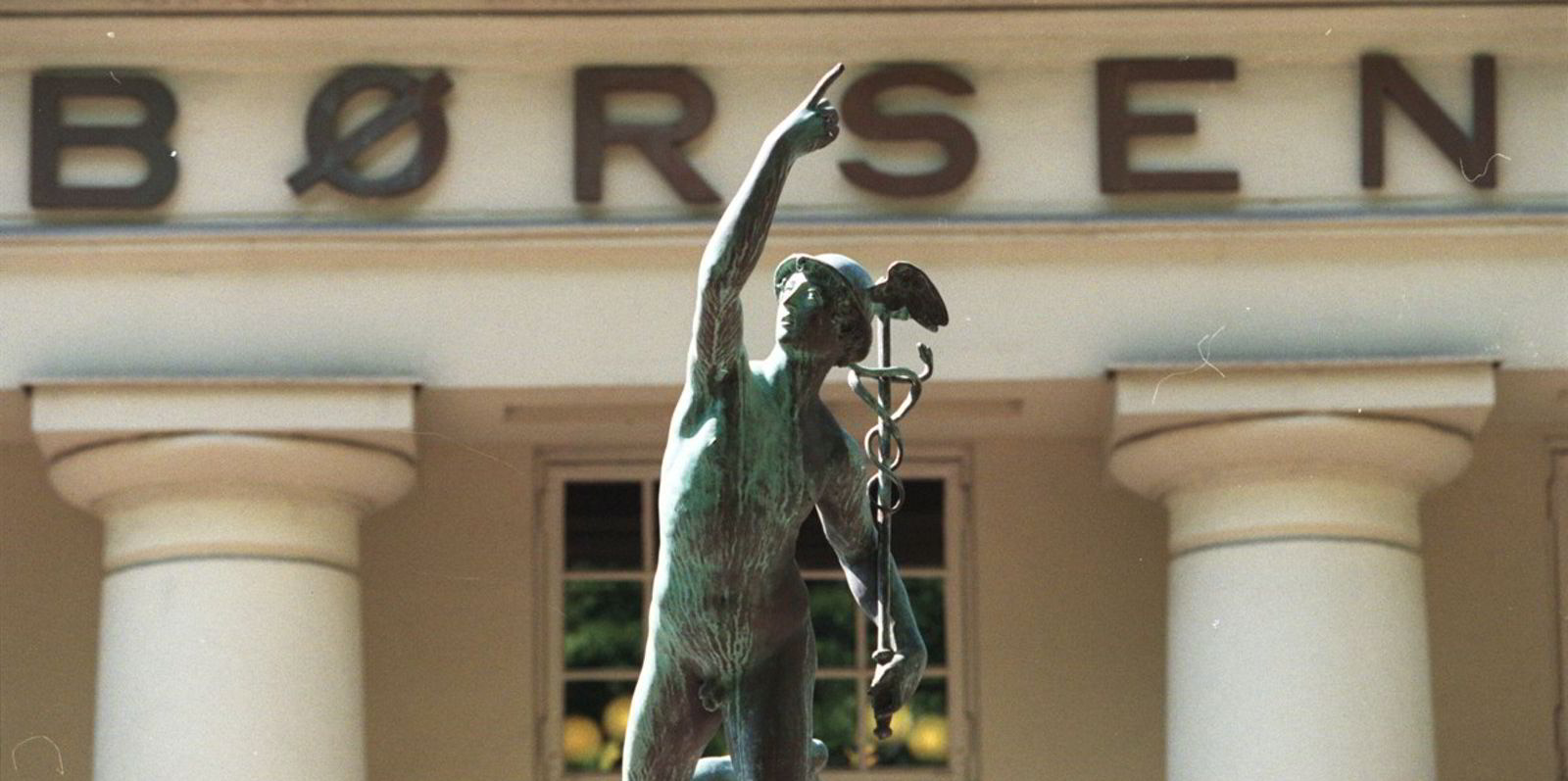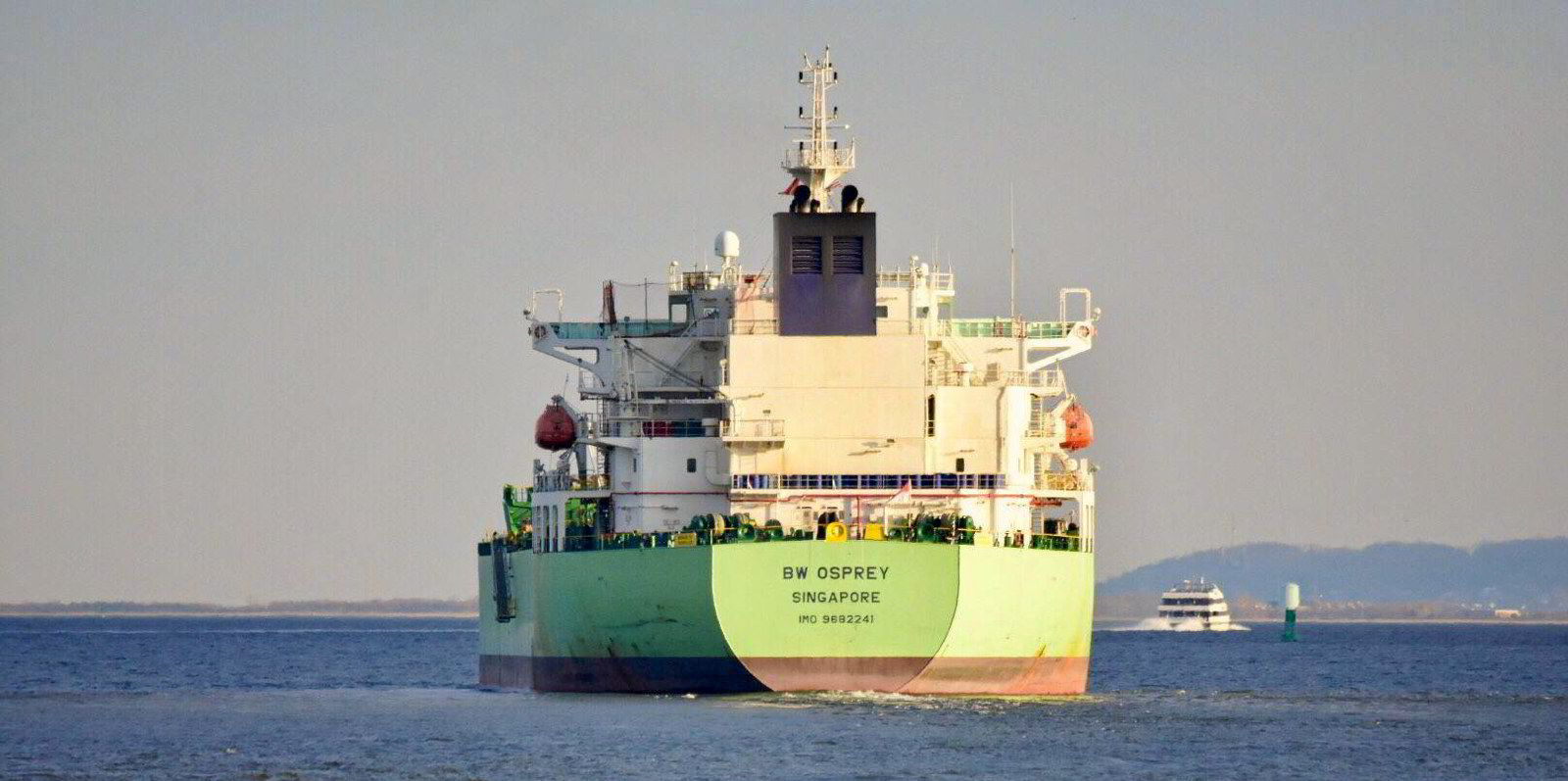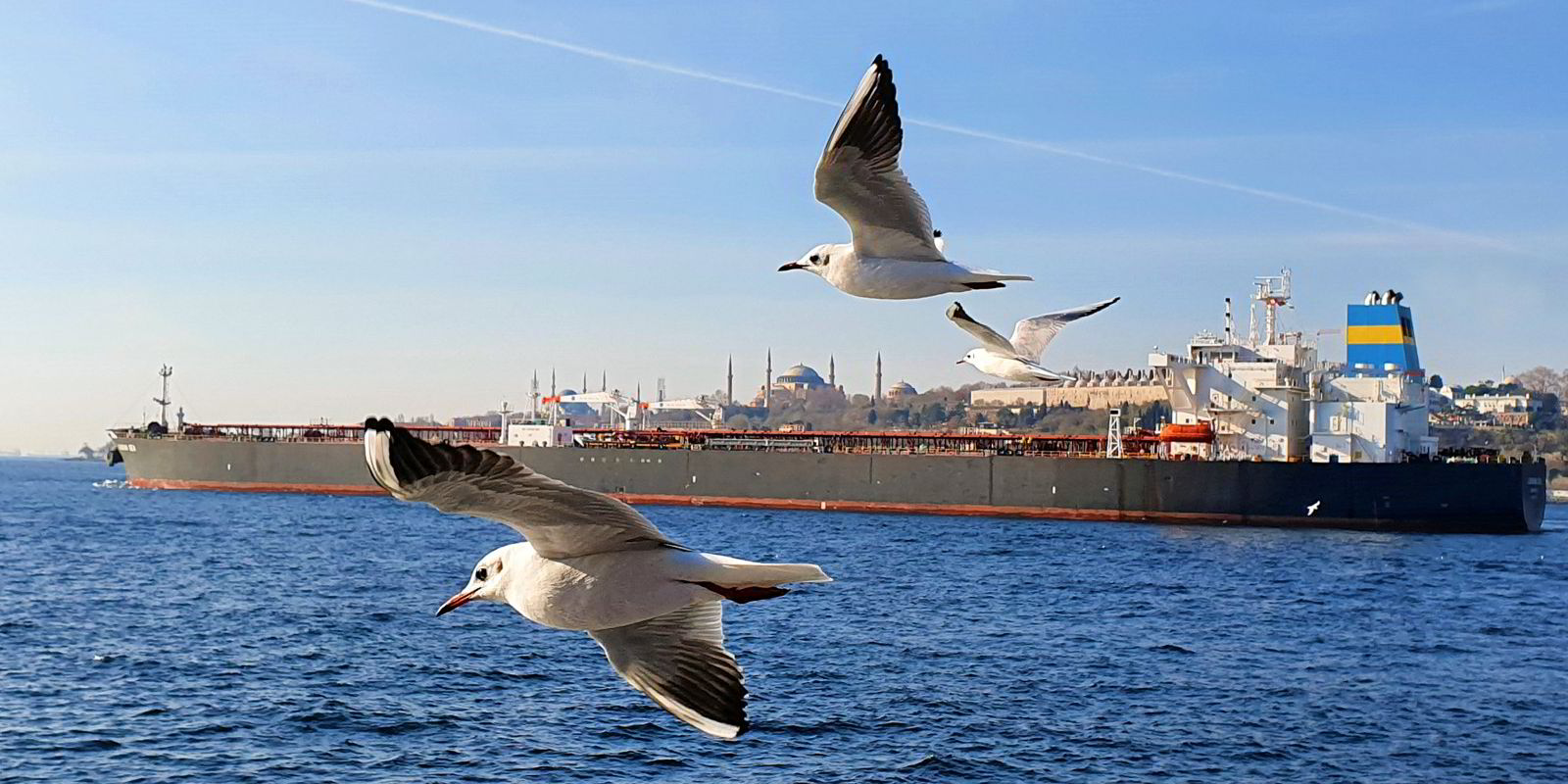BW Group-owned Hafnia has said it may sell older ships as it seeks to make room for more eco and dual-fuel product tankers.
The company said fleet renewal will be pursued either through charters, newbuildings or secondhand deals.
In a conference call held on Monday, chief executive Mikael Skov said Hafnia would seek to expand its pools and look at mergers and acquisitions.
But he stressed that any M&A activity would be “purely driven by identified shareholder value”.
“You're not going to see us in M&A transactions and consolidations just for the sake of growing,” Skov added.
Hafnia continues to maintain, improve and upgrade the existing fleet.
The Oslo-listed operator is using improved anti-fouling, engine-room management, intermediate dry dockings, waste heat recovery and maintenance optimisation to reduce bunker consumption.
“We are constantly looking to improve our system vessels [with small] but impactful optimisation measures that improve operational efficiency and reduce environmental footprint,” Skov said.
Progress on emissions
The company said it is making progress to lower emissions, but substantial changes take time, as significant investments in technological advancements are required.
"Hafnia follows all new technologies closely and is in constant dialogue with shipyards and technical suppliers regarding more sustainable solutions for retrofits and newbuilds, and methods to improve performance are being developed," Hafnia said in a company report.
Hafnia has already acquired a 50% stake in two LR2 dual-fuel vessels chartered out to Total on long-term contracts.
It has also bought a stake in the Kalama methanol facility in the US, guaranteeing 19-year contracts to carry methanol from the west coast to Asia on methanol-fuelled vessels. Sustainability-linked loan arrangements have been made in relation to this deal.
The shipowner said it and an unnamed "strategic" joint venture partner are putting a combined $10m into Northwest Innovation Works.
Skov has said Hafnia will also provide and operate purpose-built next-generation methanol dual-fuelled ships to transport one-third of the volume produced by the plant.
He told TradeWinds last year that two to five MRs or LR2s will be required.
Carbon intensity below baseline
In 2020, Hafnia's owned fleet logged a carbon intensity measurement of 5.7 grams per tonne-nautical mile, 5.6% below the present International Maritime Organization baseline.
"This progress is in line with our goal of reaching IMO 2030’s target of 4.47 gram [per tonne-nautical mile] by 2028," the shipowner said.
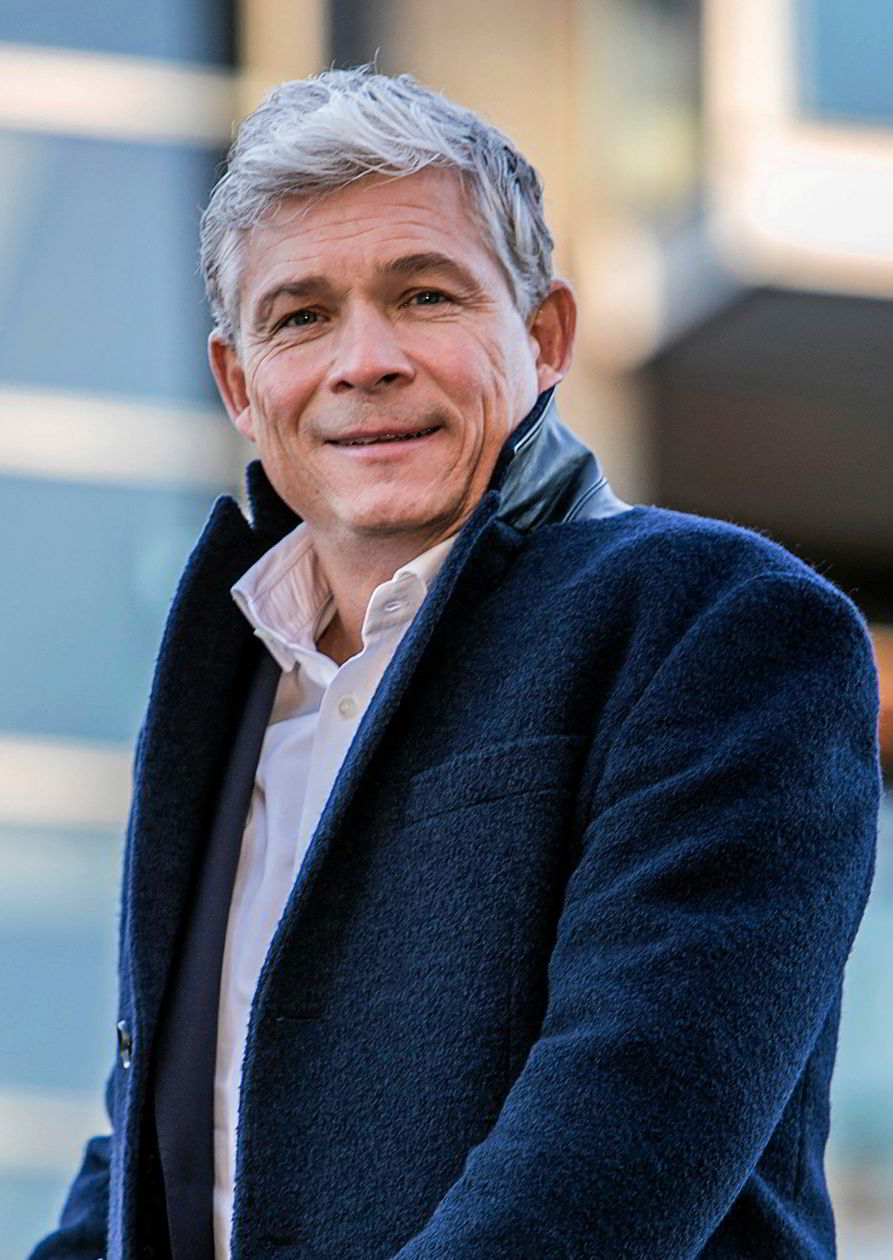
"Standard vessel optimisation efforts will be supplemented with additional initiatives such as intermittent dry dockings and opportunistic fleet renewals to reach our goal," the company added.
Hafnia has joined the Getting to Zero Coalition, working with major players like Shell to develop commercially viable zero-emission ships in deepsea trade by 2030.
“Our sustainability journey starts with decarbonisation,” Skov said. “We strive to support and promote the industry decarbonisation while still transporting the resources necessary to sustain the modern world.”
Hafnia's fleet totalled 184 vessels, including newbuildings and vessels chartered out on long-term contracts in its four pools.
